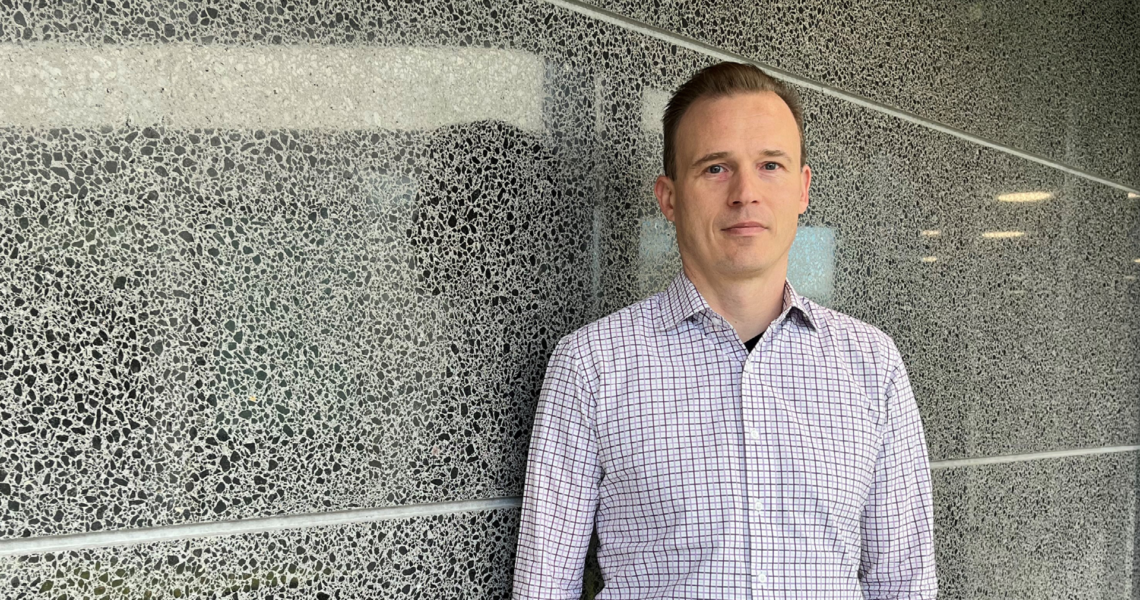In today’s fast-changing world, EMS companies need to be able to apply the latest knowledge, manufacturing technologies and automation. It enables better flexibility in production and manufacturing at a lower cost.
To develop our manufacturing technologies further, Miikka Ahola was appointed as Manufacturing Technology Director in August 2022. He is in charge of leading and developing Scanfil’s global manufacturing technology activities, including SMART program and factories’ investment programs. Miikka has extensive experience in manufacturing solutions development, production engineering and test development, and he has worked at companies such as KONE and GE Healthcare. Previous work experience on the customer side with different EMS suppliers helps him to bring in fresh new perspectives.
Target is to find the best new technologies to benefit our customers
The focus of Miikka’s work is on utilizing the best latest manufacturing technologies that bring the most value to our customers. He and his team are constantly looking for maturity of new technologies, equipment, and potential benefits we might achieve with the deployment. The focus of the team is also on sharing information between the factories on the best practices, ideas, and processes.
Miikka is working closely with our SMART program. The idea behind the program is to bring new technologies to factories and to get our engineers and factory operators more familiar with the possibilities that technology can bring.
“As an example, if you want to develop a process utilizing collaborative robot working with human, it will require good understanding on what will work and where are the limits of the technology. This knowledge can only be achieved by testing and using the technology, by piloting in manufacturing environment with operators, and by gathering both data and feedback”, explains Miikka.
Factories of the future: many opportunities but the most important asset is still people
Production technology is developing fast and there are lot of open questions when it comes to the future, and how future factories look like.
“There is huge potential in utilizing artificial intelligence and machine learning in manufacturing process, and virtual factories can be used for training, planning and simulation,” says Miikka and continues “but at the same time, we see more and more customization and variation in the products, so that means higher mix and lower volumes. This will create very big challenges to manufacturing technology field to make flexible solutions that can be utilized for several products or purposes. This means that our production operators will still be the most important resource that we have”.
